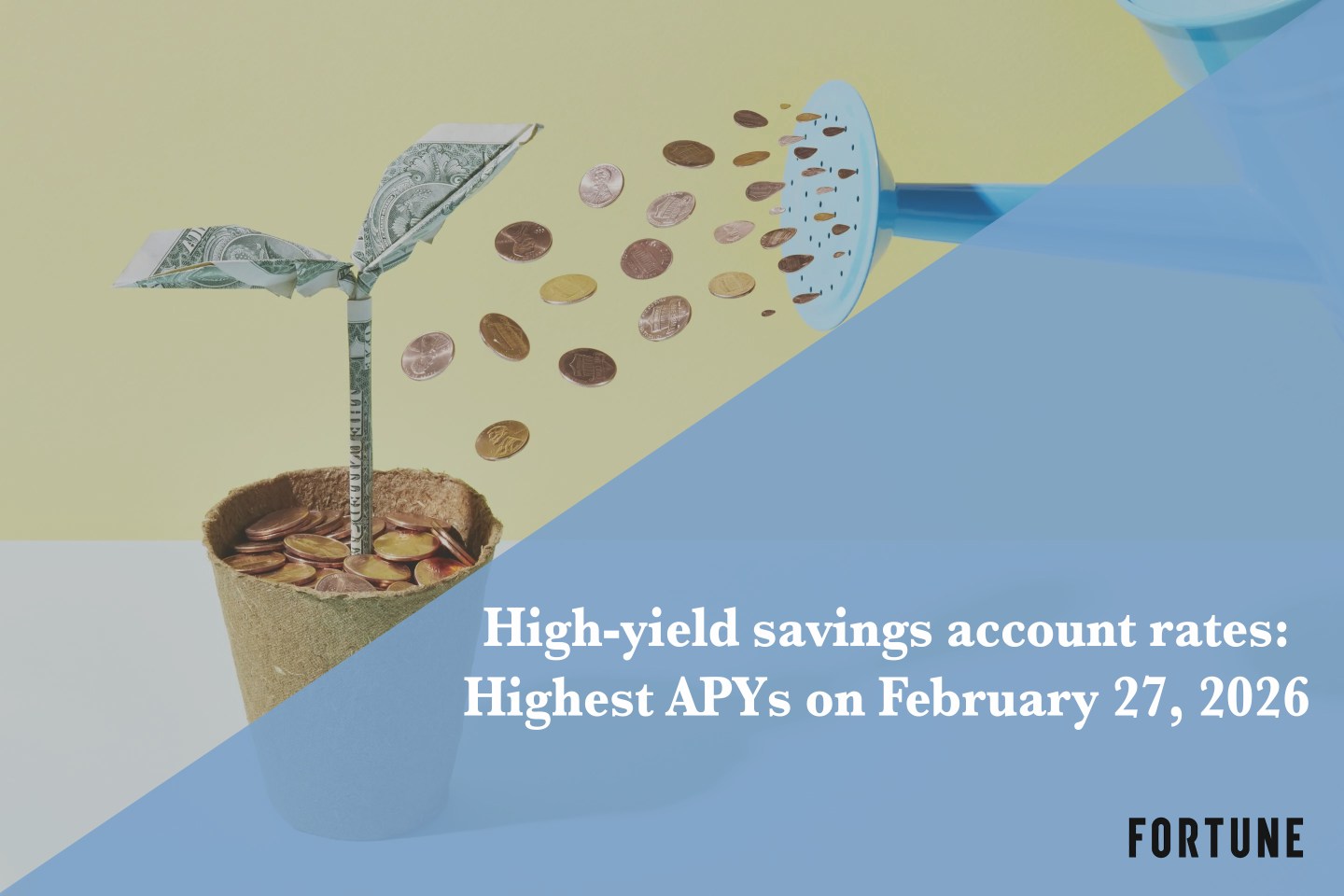After remaining stubbornly high for months on end, mortgage interest rates started decreasing in late August and early September of 2025. With this downward movement comes a lot of excitement about the opportunity for homeowners to refinance their mortgages. But is it the right time to pull the trigger? How much might it cost you to refinance your home loan?
The short answer is that refinancing often amounts to between 2% and 6% of your loan amount. We’ll dive in and take a look at common fees you can expect to incur if you pursue a refi.
Is mortgage refinancing worth it?
Often the most popular reason for refinancing your mortgage is to take advantage of lower interest rates. A rate drop of even 1 percentage point could potentially result in tens of thousands of dollars in savings over the lifetime of a mortgage.
“We are at the very beginning of what we hope will be a meaningful decline in interest rates,” says Melissa Cohn, regional vice president of William Raveis Mortgage. “You’ll never be able to perfectly gauge the bottom—hindsight is 20/20—but you need to look at where your rate is now versus where you want it to be. If it’s at least a point lower, it may make sense to refinance.”
Cohn states that the key indicators to follow are inflation and jobs, since they drive Federal Reserve policy and the direction of the bond market.
Beyond lower interest rates, there are plenty of other motives to consider refinancing your mortgage, such as:
- Changing your mortgage term: Refinancing your mortgage gives you a chance to select a longer or shorter loan term. This might lower your monthly payment or reduce your total interest paid over the life of the loan.
- Switching your mortgage type: When you refinance, you can choose different mortgage types. For example, you may switch from an adjustable-rate mortgage to a fixed-rate mortgage.
- Accessing your home equity: If you’ve got big expenses that you don’t expect you can readily pay off, a cash-out refinance can be a way to borrow from your home equity. This is essentially taking out a mortgage for more than you owe on your home—and keeping the difference to use for purposes such as debt consolidation or home improvements.
But, there’s a potential snag. Refinancing a mortgage can come with substantial costs that make it not the right move for every homeowner’s situation.
What fees can you expect with a mortgage refinance?
Common mortgage refinance fees
Expect a laundry list of fees if you refinance your mortgage. Below are several common refi fees, along with a typical expected cost range for each (specifics will vary, of course):
- Application fee (up to $500). You’ll pay for the processing of your paperwork.
- Appraisal fee (up to $1,000). Your home value often must be reassessed when you refinance
- Credit check fee (up to $100 per borrower). It’s not free for lenders to pull your credit. They pass along all or part of the fee to you.
- Recording fee (up to $250). Often required when transferring ownership of a property, this is still required to update documentation.
- Title service fee (up to $2,000). Pay for the cost of searching your home’s records to see if there are any liens and ensure that you rightfully own the home.
- Attorney fee (up to $1,000). You’ll pay for a lawyer or company to review the closing of your refinance.
- Underwriting fee (up to $900). Underwriters will examine your mortgage and assess things like your risk and eligibility.
- Survey fee (up to $400). Lenders may want to confirm details like the location of your home and the rest of your property.
As mentioned earlier, it’s generally smart to ballpark that you’ll pay between 2% and 6% of your loan amount in closing costs.
Unexpected mortgage refinance fees
In addition to the above standard expenses, you may find extra charges on your Closing Disclosure. Some may or may not be warranted. Examples include:
- Rate lock fees
- Wire transfer fees
- Email fees
- Courier fees
Additionally, your lender may slide a prepayment penalty into your terms when refinancing a mortgage. Be sure to ask if this applies to you before signing on the dotted line.
And if you’re an international investor, you could be subject to extra fees (think currency transfer fees and charges for local representation) which you may not normally anticipate.
Can you lower the cost of a mortgage refinance?
Not all fees associated with a mortgage refinance are chiseled in stone. With a bit of discussion, you may be able to lower your out-of-pocket.
“Bank-related fees are the most negotiable,” says Melissa Cohn. “Appraisal, application, settlement, and credit reports. Many processing fees can be reduced, often by accepting a slightly higher rate in exchange for lower closing costs.”
Lenders may also allow you to roll your closing costs into the loan or lower your fees if you accept a higher interest rate. This may eliminate the high upfront bill. Still, Cohn reminds customers to keep in mind that closing costs don’t disappear—someone has to pay them.
While rolling closing costs into your loan may sound tempting, you’re likely to save more in the long run if you can handle them upfront, as that way you’ll avoid paying interest on a larger sum.
Don’t be immediately scared off by closing costs
A large upfront bill may look scary, but homeowners are smart to consider the situation through a lens of your total savings for the duration of your mortgage. One way to do this is to find your break-even point for your specific goal.
For example, if you’d simply like to lower your monthly payment by taking advantage of lower interest rates, you can use the following formula:
Total Refinancing Costs / Monthly Savings = Break-Even Point
Let’s say your total closing costs amount to $5,000, and your projected new monthly payment is $250 less than your current monthly payment. Assuming you don’t change the term length of your loan, you should break even after 20 months of payments:
$5,000 closing cost / $250 in monthly savings = 20 months to break even.
In other words, if you stay in the house for at least 21 months, you can expect to end up saving money thanks to the refi.
How to find the best mortgage refinance option for your situation
When searching for the best mortgage refinance options, comparing multiple lenders is key. Freddie Mac examined more than a decade of historical data to conclude that customers who received at least two rate quotes may have saved as much as $600 per year—while those with at least four rate quotes may have saved over $1,200 per year.
“The Loan Estimate (or preliminary term sheet) is the best tool for side-by-side comparisons since it standardizes rates, fees, and closing costs,” says Yuval Golan, founder and CEO of real estate financing platform Waltz. “But savvy borrowers—and especially investors—should also weigh prepayment penalties, cash-out limits, and cross-border costs to get the clearest picture.”
When you comparison shop mortgage rates, be sure you’re pitting comparable refinance offers against each other, says Melissa Cohn: “Are you looking at 30-day locks versus 60-day locks? In states like New York, where there’s a mortgage recording tax, can you do an assignment to avoid it, and what would that cost? Don’t just shop for the rate—shop for the overall terms.”
The takeaway
Refinancing your mortgage comes with closing costs that are typically equal to between 2% and 6% of the total loan amount. That’s nothing to sneeze at—but when taking advantage of a lower interest rate, refinancing may save you exponentially more than that.
As mortgage rates drop, experts expect consumers to be more patient. The market signals more of a “wait-and-see” approach, as potential homebuyers and refinancers monitor rates heading toward 2026.
Frequently asked questions
What are the average closing costs for mortgage refinancing?
The typical closing costs for mortgage refinancing amount to between 2% and 6% of the loan amount. As an example, if you borrowed $250,000, 3% of that amount would come to closing costs of $7,500.
How do no-closing-cost refinances work?
No-closing-cost refinances work in one of two ways: either you roll your upfront bill into the loan or agree to an incrementally higher interest rate. All to say, you’ll be paying closing costs one way or another.
Are refinancing costs tax deductible?
It’s possible that some mortgage refinancing costs may be tax deductible, but you will need to talk to a tax professional to evaluate your specific situation.
In general, mortgage interest and mortgage discount points may be tax deductible but only if you itemize rather than taking the standard deduction. And, while closing costs may be tax deductible on a rental property, that’s not typically the case for your primary residence.
What’s the break-even point for mortgage refinancing?
The break-even point for mortgage refinancing is the point at which you’ve recouped the fees you paid in closing costs. After that, you begin to see savings.
Do refinancing costs vary by state or location?
Yes, refinancing costs vary by location because of factors like state and local taxes.













